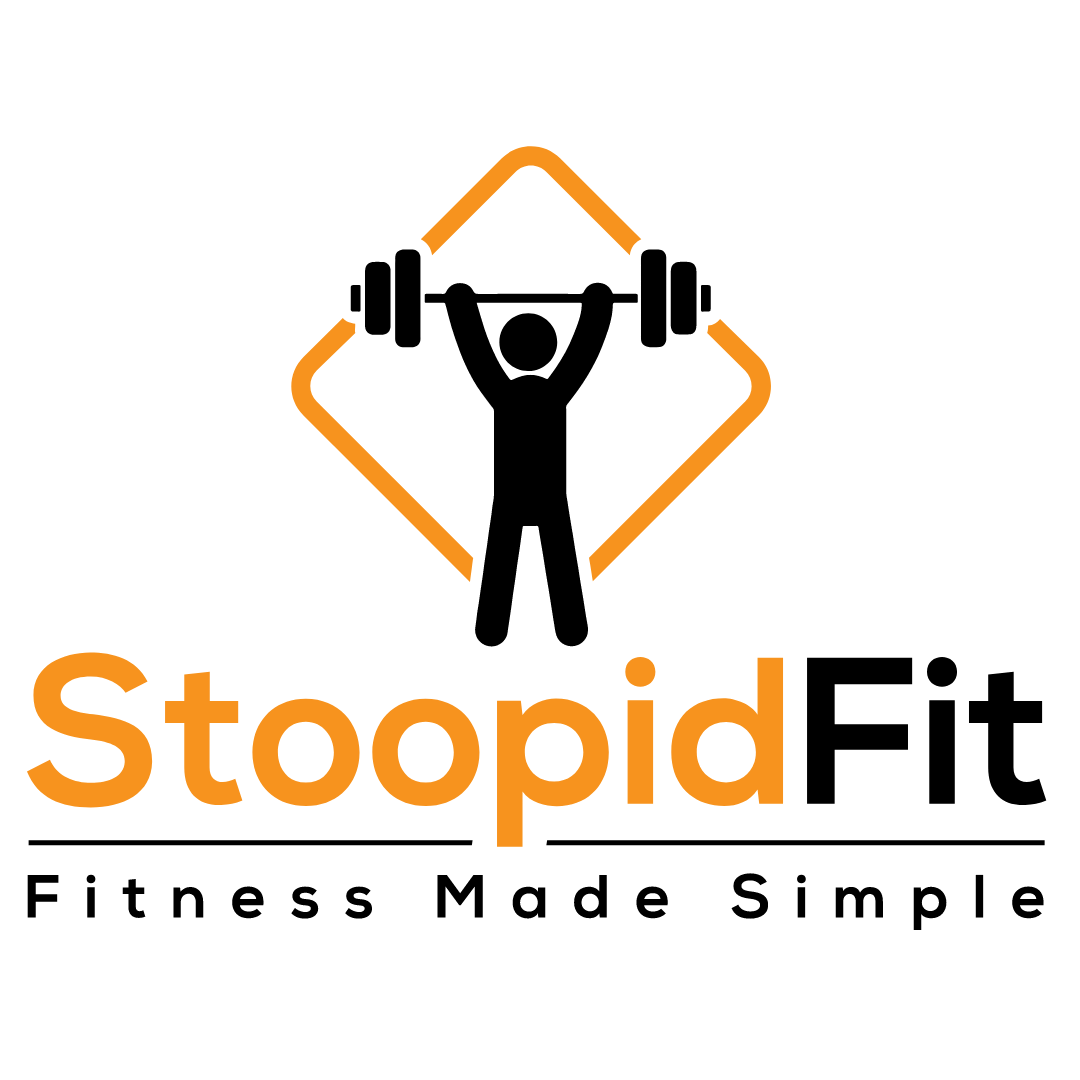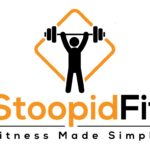This is apart of a blog mini-series where are I attempt to educate you on all the macronutrients, check out the other ones here:
Let’s talk about protein.
Highly debated, greatly misunderstood, over consumed by the gym rats, and under consumed by the general population.
This is going to be apart of a blog mini-series where I go in depth about all the different kinds of macros and how they affect you.
I’m starting with protein first because in my opinion it’s the most important one to prioritize and the ones I definitely get asked about the most on a weekly basis!
Before we even get started on how to apply it to our daily lives, let’s start with what protein is
What is it?
Protein (pro – teen): Any of a class of nitrogenous organic compounds that consist of large molecules composed of one or more long chains of amino acids and are an essential part of all living organisms, especially as structural components of body tissues such as muscle, hair, collagen, etc., and as enzymes and antibodies.
Alright cool, now let’s put that in English for everyone that isn’t a scientist out there.
Protein is one of your main Macronutrients. For each Gram of Protein that you consume, you will also be consuming 4 calories aka protein contains 4 cal/g.
Remember how I said Protein is important? Well that’s because it is classified as an essential nutrient. What that means is that your body does not produce enough protein as is so it is ESSENTIAL to get it in your diet! Your body won’t be able to survive if you go without it for long periods of time.
Protein isn’t the only essential nutrient item we should be getting in our diet though!
When you break down the molecular structure of protein it is made entirely of Amino Acids. There are 21 total kinds of Amino Acids but only 9 are truly essential. The other 12 can be produced by our bodies (great job body!).
The list of essential amino acids are histidine, isoleucine, leucine, lysine, methionine, phenylalanine, threonine, tryptophan, and valine. You can get these through food, EAA supplementation, or high quality Whey Protein shakes.
What does it do for you?
Wow, I’m glad you asked!
Your body uses protein in all types of ways, including but not limited to:
Muscle Growth/Retention: Protein is the foundation of muscle tissue, in face muscle tissue, in a way, IS protein – literally. Muscles are made up of two filaments, actin and myosin – which are both proteins. As a result, protein is necessary for the building muscle.
Thermic Effect of Food (TEF): Protein has a high thermic effect of food, meaning that it takes more energy to digest protein than any other nutrient your body consumes. Basically, the more protein you eat the more calories you burn and the greater the metabolic effect. This is helpful for fat loss because we are able to increase the amount of protein that is consumed and as a result, burn more calories.
Appetite Reduction: Protein is the most satiating nutrient, meaning it makes you feel more full than carbs or fats do. It does this by reducing levels of the hunger hormone Ghrelin and by bossing the satiety hormone peptide YY, which also makes you feel full.
It Builds Your Body: Protein is the building blocks that help create your organs, skin, muscles, hair, and nails. So you know, pretty important to have.
Demands Increase As You Age: The older you get, the slower many processes that go on in your body. Both bone health/growth and muscle tissue/growth declines as we age, but protein directly impacts these in a positive way!
As you can see, protein is kind of a big deal, which just begs a couple of other questions…
What Type of Protein Should I Eat?
This can be a controversial topic, since my recommendations won’t always fit well with certain nutrition guidelines like vegan or vegetarian.
I want to start by saying that being vegan or vegetarian doesn’t mean you won’t be able to achieve the results you’re looking for without consuming animal protein.
However, there has been extensive research done that shows that plant based protein is less bioavailable and therefore doesn’t have the same Muscle Protein Synthesis/Anabolic effect that animal sources tend to have. So if we’re targeting body composition changes or performance goals, having animal protein in our diets is much more advantageous.
The number one reason animal protein is so advantageous is because they have a more complete amino acid profile in comparison to plant based sources. Meaning that the amino acid build up that comes from animal sources lead to better absorption of those EAAs we talked about earlier and therefore more lean muscle tissue growth/maintenance.
LEAN PROTEIN SOURCES (* FATTIER SOURCES) |
|
How Much Is Right For You?
The answer you’ve all been waiting for, and as you can probably imagine – if you’ve followed me enough – my answer is: it depends.
Studies have found that the difference in body composition change between .7g/lb – 1.1g/lb (both of which are higher percentages than most diets) were pretty negligble BUT they did find that athletes on higher protein diets showed less fatigue from training and did not store as much body fat.
My general recommendation is to be between 0.7-1.2g per pound of bodyweight depending on where you fall in the spectrum outlined below
If your goal is maintenance I would leave it up to your preference but aim for a 0.8g/lb minimum. This is all outlined in my free guide The Nutrition Manual – Download Here!
Key takeaways from the charts above and the article as a whole:
- Protein maybe one of the most influential and vital nutrients when it comes to changing your body composition.
- When working with an individual that has a lot of weight to lose and is starting from the obese phase, we can use a smaller ratio of protein because they have so much stored energy on their body. They also have a true body mass weight that is much smaller than what the number on the scale reads.
- When we go into a calorie deficit, protein become more critical for muscle retention, performance, and satiety as this keeps us full longer while we’re dieting.
- The older we get and the more experienced with our training we become, we will need more protein as our body dampens in sensitization and processes.
- As we increase our calories in a mass building phase, protein needs to be lower to give room for the added carbs and fats we’ll be intake.
- Protein is critical for lots of human processes and neglecting it could be detrimental to your health and physical progress.
- Not all protein are created equal, so the source of protein is important to consider when focusing on body comp changes
- Eating 0.7g/lb is enough but likely sub-par in most body comp/performance pursuits,
- Eating above 1.2g/lb is not dangerous but doesn’t yield any added benefits
So it’s important for you to track, measure and be aware of how much you’re taking in. We work with many of our clients on not only this, but all of the macronutrients – so that they have a completely individualized nutritional intake that supports their lifestyle, energy demands, training recovery needs, and body composition goals
But there are many times where we simply prioritize calories and protein, leaving carbs and fats to land wherever the individual please. We do this because that is what works for THAT specific individual in the long run.
At StoopidFit, that’s our number 1 priority: Seeing that the client is being educated, seeing results, and sustaining the progress they’re making, without sacrificing their lifestyle or being overwhelmed.
If you’d like to apply for Nutrition Coaching, so that you can experience the same results the hundreds of people we’re helping do – Click Here Now.
REFERENCES:
- https://www.ncbi.nlm.nih.gov/pubmed/25169440
- https://jissn.biomedcentral.com/articles/10.1186/1550-2783-9-42
- Helms, E.R, et al., High-protein, low-fat, short-term diet results in less stress and fatigue than moderate-protein moderate-fat diet during weight loss in male weightlifters: a pilot study. Int J Sport Nutr Exerc Metab, 2015. 25(2): p. 163-70
- Pasiakos, S.M., et al., Effects of high-protein diets on fat-free mass and muscle protein synthesis following weight loss: a randomized controlled trial. FASEB Journal, 2013. 27(9): p.3837-47
- Dudgeon. W.D., Kelley, E.P., Scheett, T.P., Effect of Whey Protein in Conjunction with a Caloric-Restricted Diet and Resistance Training. J Strength Cond Red, 2017. 31(5): p.1353-61
- https://www.ncbi.nlm.nih.gov/pmc/articles/PMC524030/
- https://www.ncbi.nlm.nih.gov/pubmed/16469977
- https://www.sciencedirect.com/science/article/pii/S1550413106002713
- https://jissn.biomedcentral.com/articles/10.1186/1550-2783-11-19
- https://jissn.biomedcentral.com/articles/10.1186/1550-2783-12-S1-P37
- https://www.ncbi.nlm.nih.gov/pubmed/18469288
- https://jissn.biomedcentral.com/articles/10.1186/1550-2783-10-S1-P12
- https://www.ncbi.nlm.nih.gov/pubmed/11312815
- https://www.ncbi.nlm.nih.gov/pubmed/19678968
- https://www.ncbi.nlm.nih.gov/pubmed/10584048
- https://www.ncbi.nlm.nih.gov/pubmed/23636241







